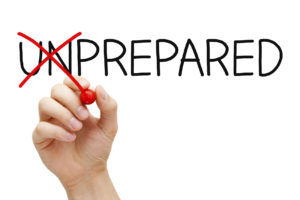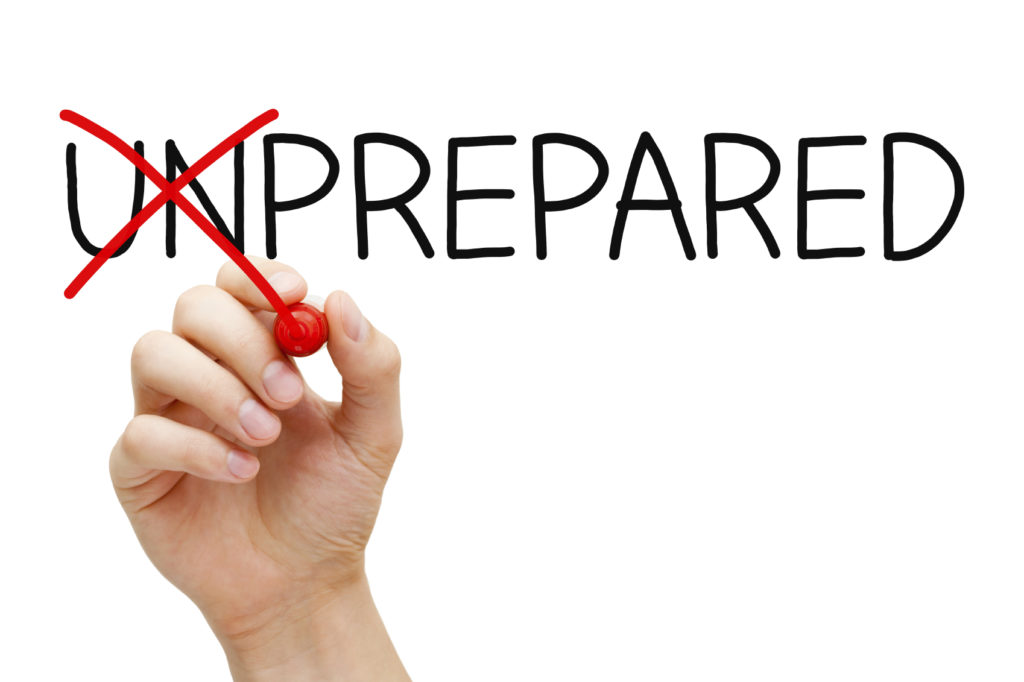Disaster Planning
The Christchurch earthquake gave many Kiwi families a jolt: just how well prepared are the rest of us for a similar emergency?
The Canterbury earthquake reminded everyone to check their emergency supplies, restock batteries and water, and review their family or business emergency plans.
Being prepared for emergencies is especially important for older people and those with health and disability needs.
Should the worst happen, these New Zealanders may need extra help to reach safety, or have health and support needs that require attention despite the chaos that comes with any civil emergency.
Getting Through
It’s a good idea for anyone who relies on home support services from an agency to ask how the service would cope in an emergency.
Support providers have a duty of care to their patients. In the Canterbury area, home support providers had several very busy days checking that their thousands of clients were safe. This was made difficult, not only because of the damaged roads and the closure of schools (many support workers have school aged children), but because some families had taken relatives to their own homes.
After a disaster like the Christchurch earthquake, families and those receiving home support should get in touch with the provider to say the client is safe, and being cared for by family at a different location. Plans can then be made about resuming the person’s support.
Community Spirit
The Canterbury community quickly rallied to the aid of elderly and disabled people after the earthquake.
One agency reported that clients and support workers from across the South Island offered help… from breaks for those whose homes were damaged to volunteering by retired workers.
Since the earthquake, providers have gone beyond the call of duty, helping clients to clear up their homes and gardens, restock cupboards, and provide emotional support. It is heartening to see that the crisis planning of organisations that provide home support in Canterbury has stood up to a real-life disaster, and that senior staff worked effectively
with those on the ground to ensure the ongoing safety of people we support.
Preparing for Disasters
Disasters such as earthquakes, tsunamis, volcanic eruptions, floods, and storms can strike at any time. Basic planning will help us all get through a civil disaster. For planning advice and some excellent planning tools, visit the getthru website.
Make a Quick Getaway
Having a ‘getaway bag’ will ensure you have everything you need should you ever have to leave your home after a natural disaster or other emergency. Your bag might contain:
- Extra eyeglasses.
- Hearing aids, batteries, and chargers.
- Copies of medical prescriptions, doctor’s orders, and the style and serial numbers of the support devices you use.
- Medical alert tags or bracelets or written descriptions of your disability and support needs, in case you are unable to describe your needs after an emergency.
- Supplies for service animals such as guide dogs.
- Physician contact information, a list of your allergies, and health history.
- A list of local nonprofit or community- based organisations that know you, and support people with needs similar to yours.
- A list of family, friends, and support services with current contact details.
- A laminated personal communication board, if help is needed to be understood.
- If possible, extra medicine, oxygen, insulin, catheters, or other medical supplies you use regularly.
- If you use a motorised wheelchair, have a lightweight manual chair available for emergencies… and know the size and weight of your wheelchair, and whether it is collapsible for transport.

